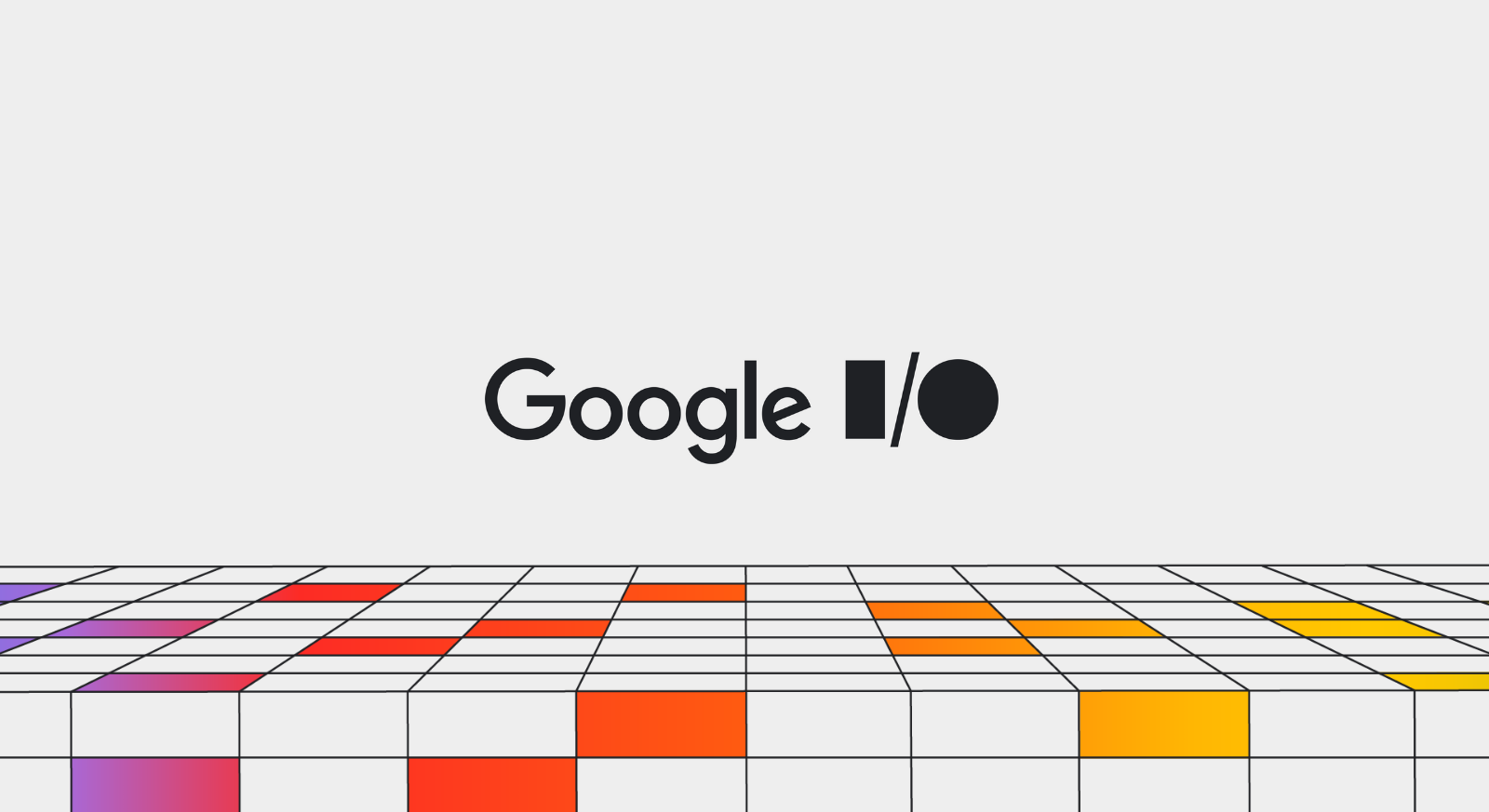
Gemini, introduced last year, is Google’s most capable family of models yet; designed for flexibility, it can run on everything from data centers to mobile devices. Since announcing Gemini Nano, our most efficient model built for on-device tasks, we've been working with a limited set of partners to support a range of use cases for their apps.
Today, we’re opening up access to experiment with Gemini Nano to all Android developers with the AI Edge SDK via AICore. Developers will initially have access to experiment with text-to-text prompts on Pixel 9 series devices. Support for more devices and modalities will be added in the future. Check out our documentation and video to get started. Note that experimental access is for development purposes, and is not for production usage at this time.
Fast, private and cost-effective on-device AI
On-device generative AI processes prompts directly on your device without server calls. It offers many benefits: sensitive user data is processed locally on the device, full functionality without internet connectivity, and no additional monetary cost for each inference.
Since on-device generative AI models run on devices with less computational power than cloud servers, they are significantly smaller and less generalized than their cloud-based equivalents. As a result, the model works best for tasks where the requests can be clearly specified rather than open-ended use cases such as chatbots. Here are some use cases you can try:
- Rephrasing - Rephrasing and rewriting text to change the tone to be more casual or formal.
- Smart reply - Given several chat messages in a thread, suggest the next likely response.
- Proofreading - Removing spelling or grammatical errors from text.
- Summarization - Generating a summary of a long document, either as a paragraph or as bullet points.
Check out our prompting strategies to achieve best results when experimenting with the above use-cases. If you want to test your own use case, you can download our sample app for an easy way to start experimenting with Gemini Nano.
Gemini Nano performance and usage
Compared to its predecessor, the model being made available to developers today (referred to in the academic paper as “Nano 2”) delivers a substantial improvement in quality. At nearly twice the size of the predecessor (“Nano 1”), it excels in both academic benchmarks and real-world applications, offering capabilities that rival much larger models.
|
MMLU (5-shot)* |
MATH (4-shot)* |
Paraphrasing** |
Smart Reply** |
|
| Nano 1 |
46% |
14% |
44% |
44% |
| Nano 2 | 56% |
23% |
90% |
82% |
Gemini Nano is already in use by Google apps. Pixel Screenshots, Talkback, Recorder and many more have leveraged Gemini Nano’s text and image understanding to deliver new experiences:
- Talkback - Android’s accessibility app leverages Gemini Nano’s multimodal capabilities to improve image descriptions for blind and low vision users.
- Pixel Recorder - Gemini Nano with Multimodality model enables support for longer recordings and higher quality summaries.


Seamless model integration with AI Edge SDK using AICore
Integrating generative AI models directly into mobile apps is challenging due to the significant computational resources and storage space they require. To address this challenge, we developed AICore, a new system service in Android. AICore allows you to benefit from AI running directly on the device without needing to distribute runtimes, models and other components yourself.
To run inference with Gemini Nano in AICore, you use the AI Edge SDK. The AI Edge SDK enables developers to customize prompts and inference parameters to their specific needs, enabling greater control over each inference.
To experiment with the AI Edge SDK, add the following to your apps’ dependency:
implementation("com.google.ai.edge.aicore:aicore:0.0.1-exp01")
The AI Edge SDK allows you to customize inference parameters. Some of the more commonly-used parameters include:
- Temperature, which controls randomness. Higher values increase diversity and creativity of output.
- Top K, which specifies how many tokens from the highest-ranking ones are to be considered.
- Candidate count, which describes the maximum number of responses to return.
- Max output tokens, which is the length of the desired response.
When you are ready to run the inference with your model, the AI Edge SDK offers an easy way to pass in multiple strings as input to accommodate long inference data.
Here’s an example:
scope.launch {
// Single string input prompt
val input = "I want you to act as an English proofreader. I will
provide you texts, and I would like you to review them for any
spelling, grammar, or punctuation errors. Once you have finished
reviewing the text, provide me with any necessary corrections or
suggestions for improving the text:
These arent the droids your looking for."
val response = generativeModel.generateContent(input)
print(response.text)
// Or multiple strings as input
val response = generativeModel.generateContent(
content {
text("I want you to act as an English proofreader.I will
provide you texts and I would like you to review them for
any spelling, grammar, or punctuation errors.")
text("Once you have finished reviewing the text,
provide me with any necessary corrections or suggestions
for improving the text:")
text("These arent the droids your looking for.")
}
)
print(response.text)
}
Our integration guide has more information on the AI Edge SDK as well as detailed instructions to start your experimentation with Gemini Nano. To learn more about prompting, check out the Gemini prompting strategies.
Get Started
Learn more about Gemini Nano for app development by watching our video walkthrough, and try out Gemini Nano experimental access in your own app today.
We are excited to see what you build and welcome your input as you evaluate this new technology for your use cases! Post your creations on social media and include the hashtag #AndroidAI to share what you build. To share your ideas and feedback for on-device GenAI and help shape our APIs, you can file a ticket.
There’s a lot more that we’re covering this week for you to build great AI experiences on Android so be sure to check out the rest of the AI on Android Spotlight Week content!
 Posted by Taj Darra – Product Manager
Posted by Taj Darra – Product Manager
 Posted by Joseph Lewis – Technical Writer, Android AI
Posted by Joseph Lewis – Technical Writer, Android AI

 Posted by Terence Zhang – Developer Relations Engineer and Kristi Bradford - Product Manager
Posted by Terence Zhang – Developer Relations Engineer and Kristi Bradford - Product Manager


 Posted by
Posted by 

 Posted by Timothy Jordan – Director, Developer Relations and Open Source
Posted by Timothy Jordan – Director, Developer Relations and Open Source






 Posted by Sandhya Mohan – Product Manager, Android Studio
Posted by Sandhya Mohan – Product Manager, Android Studio



